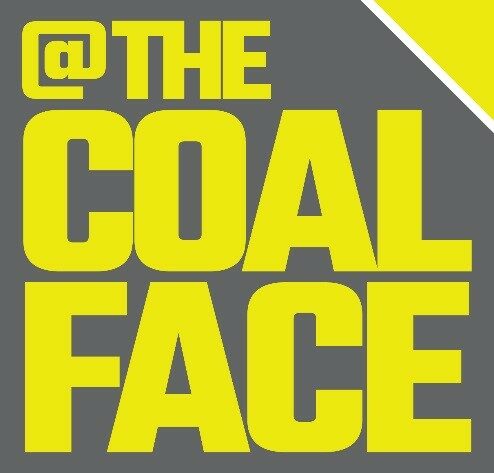Nutrition is the science behind the foods we eat, but there’s so much more to it than that. We all know about sports nutrition, the science around food and athletes and sports performance. You may have even heard of nutrition psychology, the science of foods for the mind and mental health. But have you heard of Chrononutrition? Researchers are now diving into the science of the timing of foods and how they affect our biological rhythms.
Specifically, chrononutrition involves how the timing of food intake and biological rhythms may affect health, metabolism, and overall nutritional balance. It also includes how the composition and size of a meal may affect our internal clock system.
Our internal clock system is more of a network of circadian clocks which impose rhythmic control over virtually every aspect of our biology. This circadian network controls our moods, behavioral cycles, such as when we sleep and eat, through to our cellular rhythms in gene expression and energy metabolism. After all, “Chrono” is derived from the Greek word “Chronos” meaning time.
This nutrition science is still at its inauguration, the term “chrononutrition” is less than 20 years old, and nutrition researchers are eager to see the potential health benefits that specific chrononutrition interventions can make.
So why is this important?
Well since the industrial revolution, the invention of electric lighting, and advancing technologies our lifestyles have changed. We’ve gone from being awake, active and eating during daylight hours, to longer work schedules, meal skipping, evening screen time and late-night meals. This change has led to disruptions in circadian rhythms and increased metabolic risk.
We know that dietary nutrition plays a significant impact on sleeping wellness. The many sleep supplements available on the market shows that consumers are trying to benefit their sleep wellness. However, the relationship between nutritional components, medical health, and sleep is complicated. Research around chrononutrition can help to refine vitamin and mineral intake, polyphenol content, and precise dietary recommendations to prevent underrecognised lifestyle disease from our modern way of life.
What’s the research saying then?
Let’s start with the negative health concerns. Conclusively, research shows that skipping breakfast, consuming higher-energy meals in the evening, and greater eating and snack frequency is linked with a higher risk of being overweight or obese and with adverse metabolic effects. Cross-sectional studies suggest that people with evening chronotype are associated with a lower intake of fruits and vegetables and higher intake of energy drinks, alcoholic, sugary, and caffeinated beverages, as well as higher energy intake from fat.
Now to the positive.
Time-restricted eating is a dietary pattern that limits the daily food window to a period of 4 to 12 hours. It is a simple and well-tolerated diet that generates many beneficial health effects such as sustained weight loss, improvement in sleep patterns, lowering blood pressure, reduction in oxidative stress markers and, also a reduction in increased insulin sensitivity.
In general, diets rich in fiber, fruits, vegetables, and anti-inflammatory nutrients and lower in saturated fat (e.g. Mediterranean diet) were associated with better sleep quality. Chrononutrition principles and time restricted eating are particularly encouraged among the shift working population, to lower the increased risk of metabolic disease from their working lifestyle.
How long now until we see more and more clinicians adapting this scientific approach?
Perhaps it’s the new wellness trend but at least the science behind it is there and growing. Keeping up to date with nutrition science is a great way to avoid misinformation, fad diets and dilute out the nonsense that the wellness industry attracts. Check my webpage for more information on nutrition and sleep coaching, and feel free to reach out if you have any questions.
Sarah Manktelow
Nutritionist, Dog Watch Nutrition













